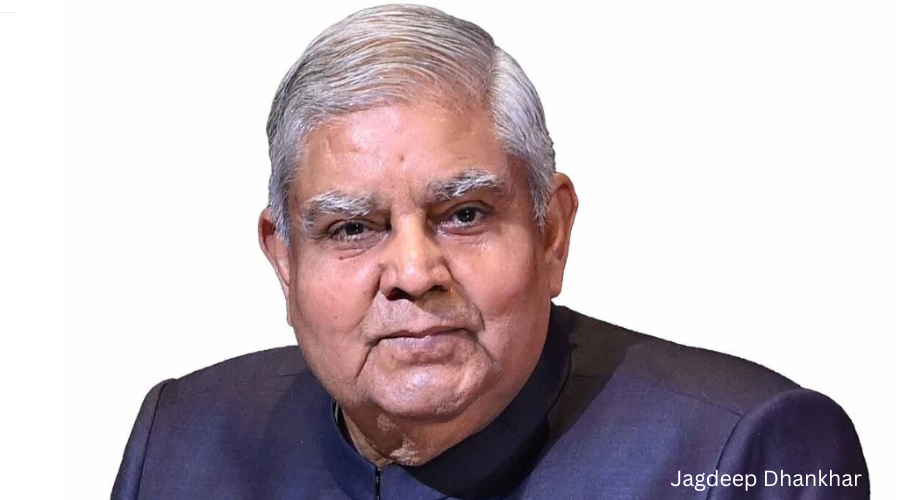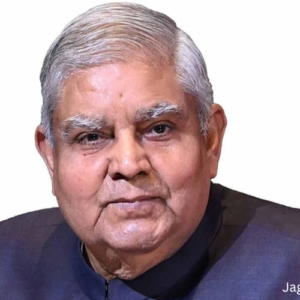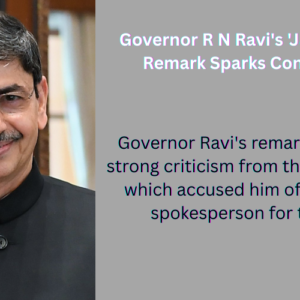The word “mind” refers to the part of a person that lets them think, feel emotions, and be aware of things. It’s like the control center in your head that helps you think and feel.
Examples:
1. She closed her eyes, and in her mind, she could taste the delicious sweetness of a ripe mango.
2. His mind wandered through memories of childhood, recalling the scent of his favorite homemade cookies.
3. As the music played, her mind swirled with emotions, capturing the essence of the melancholic melody.
4. In the quiet night, his mind echoed with the distant sounds of crickets and rustling leaves.
5. With a deep breath, she cleared her mind, focusing on the calming rhythm of ocean waves.
Commonly used phrases with mind
When making a different or new decision about something, we say we changed our mind.
1. Sarah planned to order pizza for dinner, but she changed her mind and opted for a fresh salad instead.
2. At first, Jake wanted to watch a comedy movie, but he changed his mind and decided on a thrilling action film.
3. Emily was considering buying a red dress, but she changed her mind and chose a blue one at the last minute.
4. Alex thought about taking the bus to work, but he changed his mind and decided to ride his bike instead.
5. Initially, Rachel was going to study medicine, but she changed her mind and pursued a career in environmental science.
Made up minds means having made a decision.
1. After much discussion, they’ve made up their minds—they’re adopting a rescue dog from the local shelter.
2. We’ve made up our minds. We’re renovating the kitchen and adding a cozy breakfast nook.
3. The couple considered various vacation destinations, and finally, they’ve made up their minds—they’re booking a trip to Japan.
4. After exploring career options, she and her husband have made up their minds. They’re starting a small business together.
5. They’ve made up their minds about the weekend plans. Instead of staying home, they’re going camping in the nearby mountains.
What’s on your mind?
1. What’s on your mind? (What’s occupying your thoughts right now?)
2. Is there something on your mind? (Is there something you want to talk about?)
3. You seem quiet, what’s on your mind? (You appear thoughtful; is there something bothering you?)
4. You look thoughtful—anything on your mind? (You appear deep in thought; is there something you’d like to share?)
5. Can I help? You seem preoccupied. What’s on your mind? (I sense you’re preoccupied; is there something I can assist you with?)
Keep an open mind” means being willing to consider all options
1. In this investigation, I have to keep an open mind and explore every lead, even if it seems unlikely at first.
2. As a detective, I must keep an open mind when interviewing witnesses, allowing for unexpected details that could be crucial to solving the case.
3. Solving mysteries requires me to keep an open mind, considering various scenarios and piecing together the evidence to uncover the truth.
News in Same Category
 Transitive and Intransitive Verbs
Transitive and Intransitive Verbs
 Ask Questions Using Would You, Could You, Will You and Can You
Ask Questions Using Would You, Could You, Will You and Can You
 Using ‘mind’ as a verb to instruct someone to be careful or take care of something
Using ‘mind’ as a verb to instruct someone to be careful or take care of something
 The term ‘mind’ to denote the act of taking care of someone or something
The term ‘mind’ to denote the act of taking care of someone or something
 He doesn’t mind, She doesn’t mind, I don’t mind
He doesn’t mind, She doesn’t mind, I don’t mind
 The Phrase “Never Mind”
The Phrase “Never Mind”
 Uses of ‘Being’
Uses of ‘Being’
 ‘In a Nutshell’: Summarizing Complex Ideas Concisely
‘In a Nutshell’: Summarizing Complex Ideas Concisely
 Difference Between Phrase and Clause
Difference Between Phrase and Clause
 Either… or…
Either… or…
 UGC opens doors for top global universities to establish campuses in India
UGC opens doors for top global universities to establish campuses in India
 JEE Advanced 2024: Key Dates and Enrollment Details Announced
JEE Advanced 2024: Key Dates and Enrollment Details Announced
 IIT Madras Launches Integrated Career Pathway Centre for Student Success
IIT Madras Launches Integrated Career Pathway Centre for Student Success
 IIM Kashipur Announces Executive MBA Program for 2024, Invites Applications for EMAT-2023
IIM Kashipur Announces Executive MBA Program for 2024, Invites Applications for EMAT-2023
 ESIC Announces Examination Schedule for Group C Paramedical Posts
ESIC Announces Examination Schedule for Group C Paramedical Posts
 UKMSSB Announces Recruitment for 1455 Nursing Officer Positions: Application Process Begins on December 12
UKMSSB Announces Recruitment for 1455 Nursing Officer Positions: Application Process Begins on December 12
 NTA Extends JEE Main 2024 Registration Deadline to December 4
NTA Extends JEE Main 2024 Registration Deadline to December 4
 Symbiosis Reports Remarkable Response with Over One Lakh Registrations for SNAP 2023
Symbiosis Reports Remarkable Response with Over One Lakh Registrations for SNAP 2023
 How to Ask Questions in English
How to Ask Questions in English
 Auxiliary Verbs
Auxiliary Verbs















































